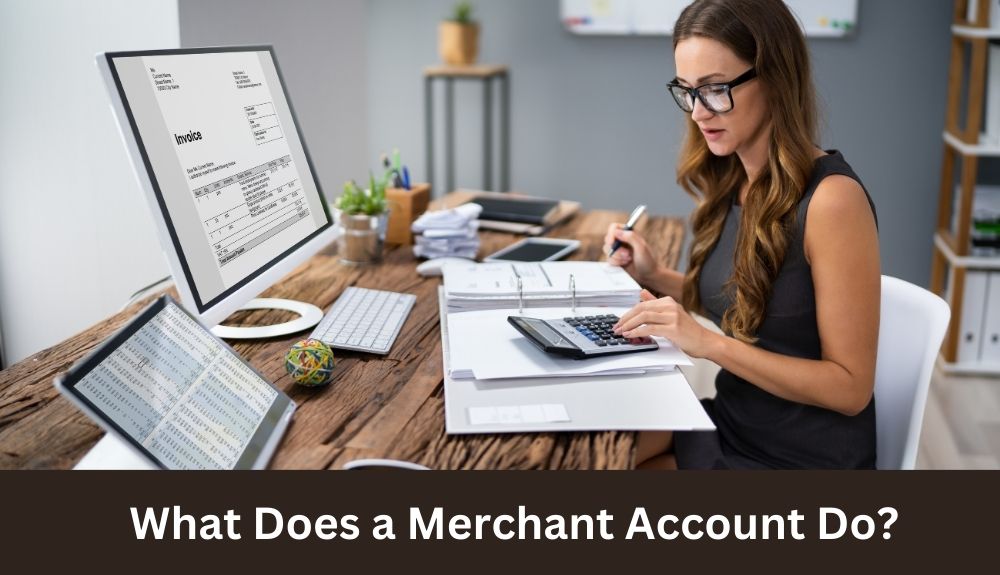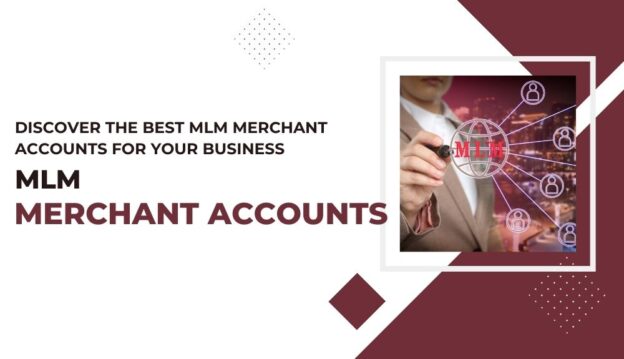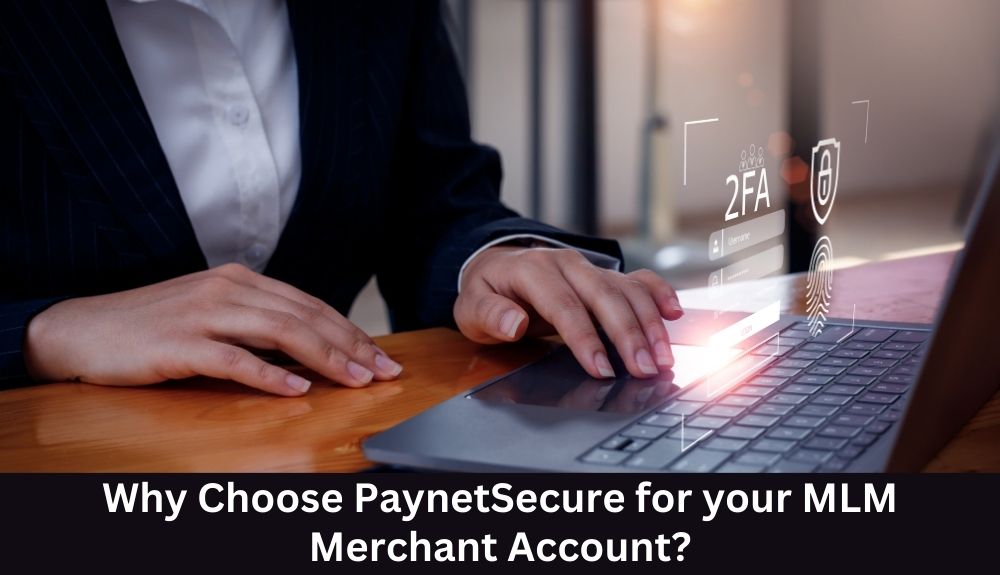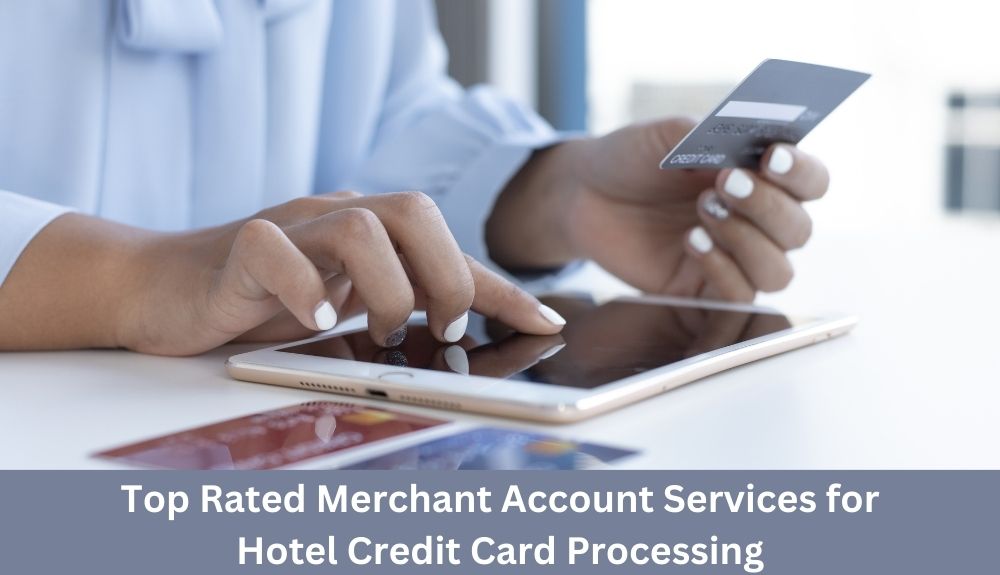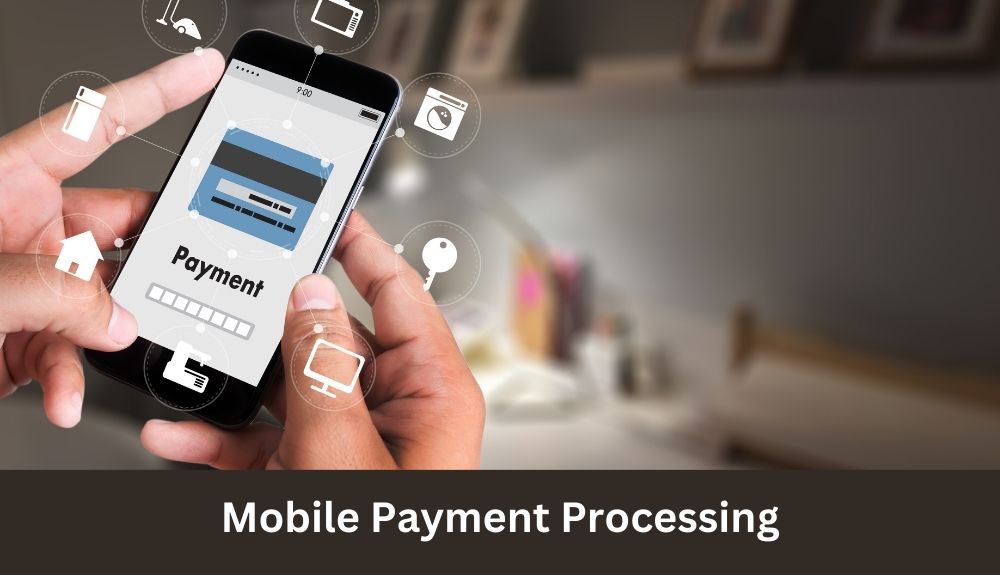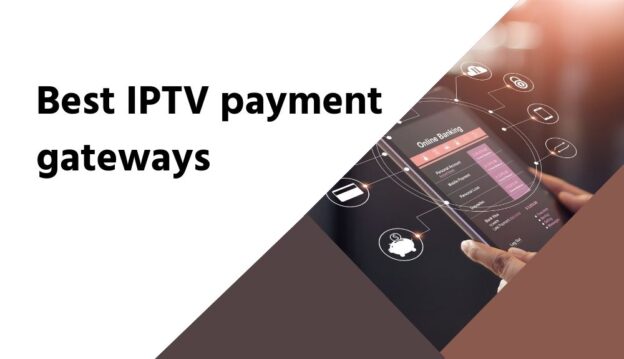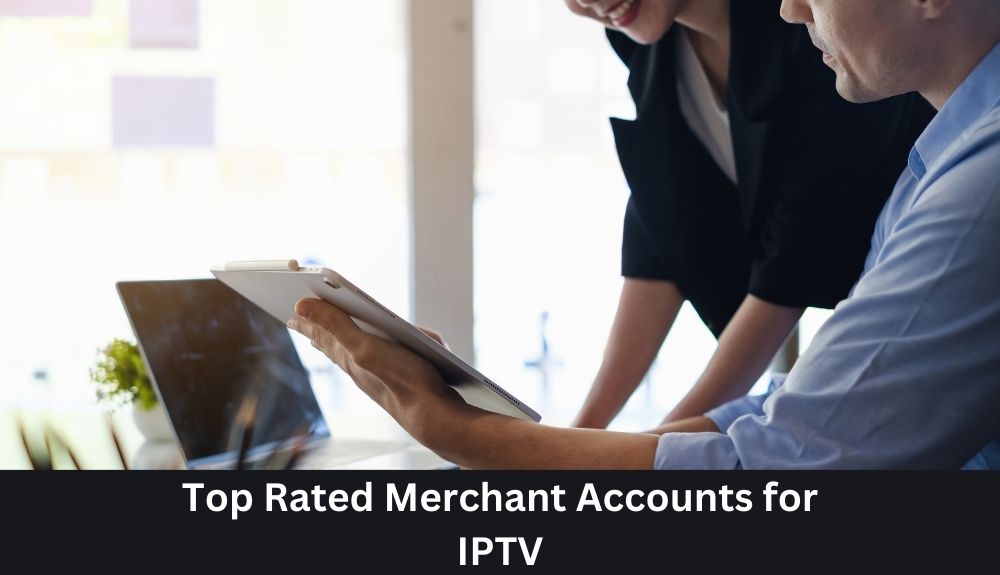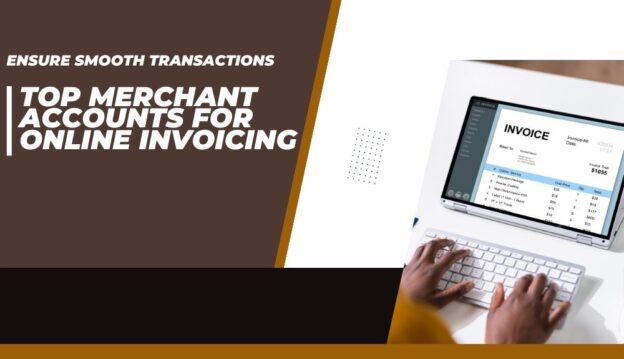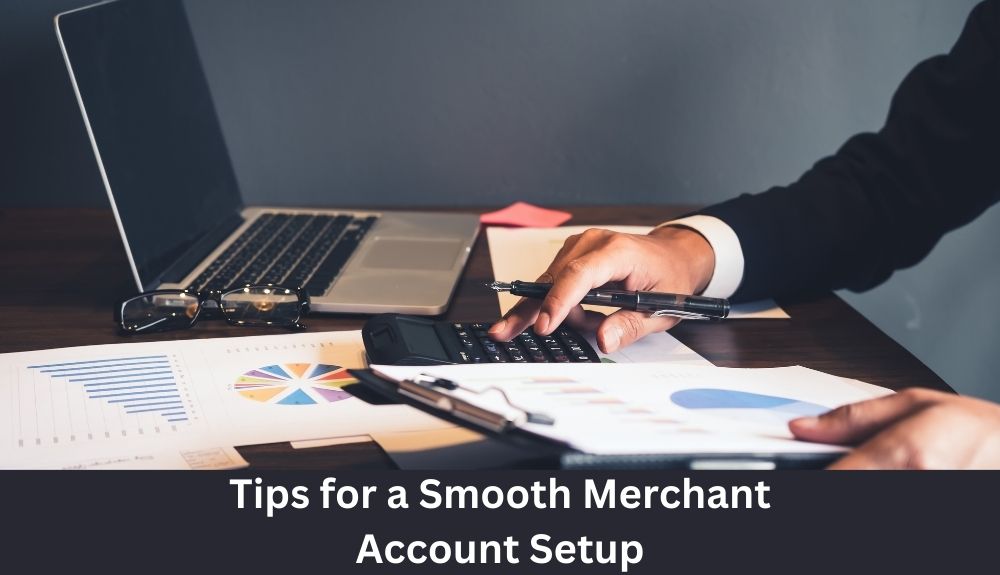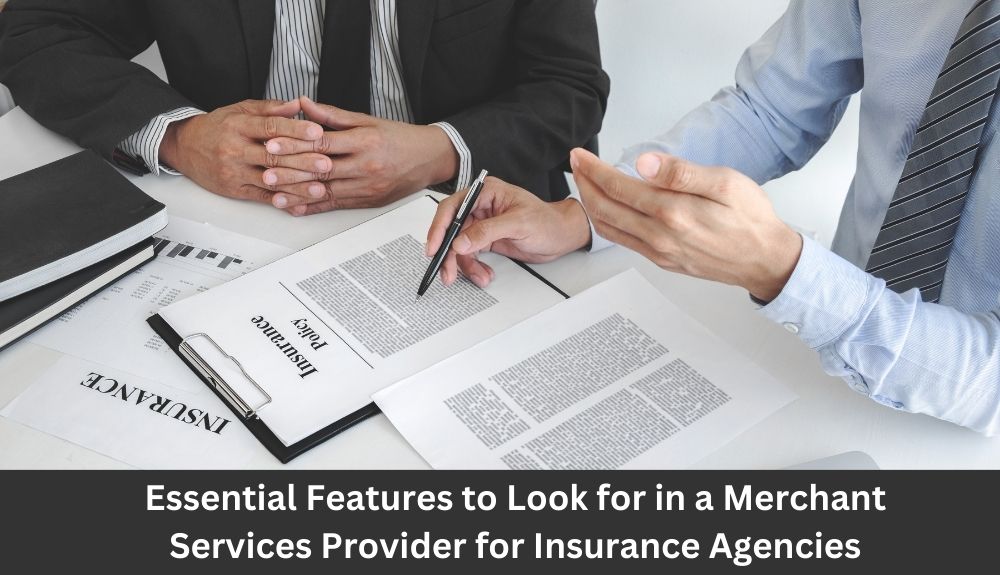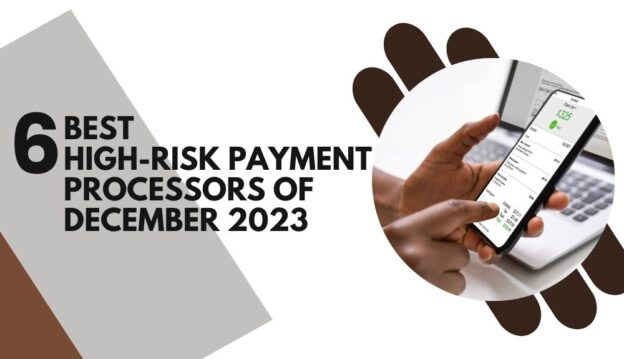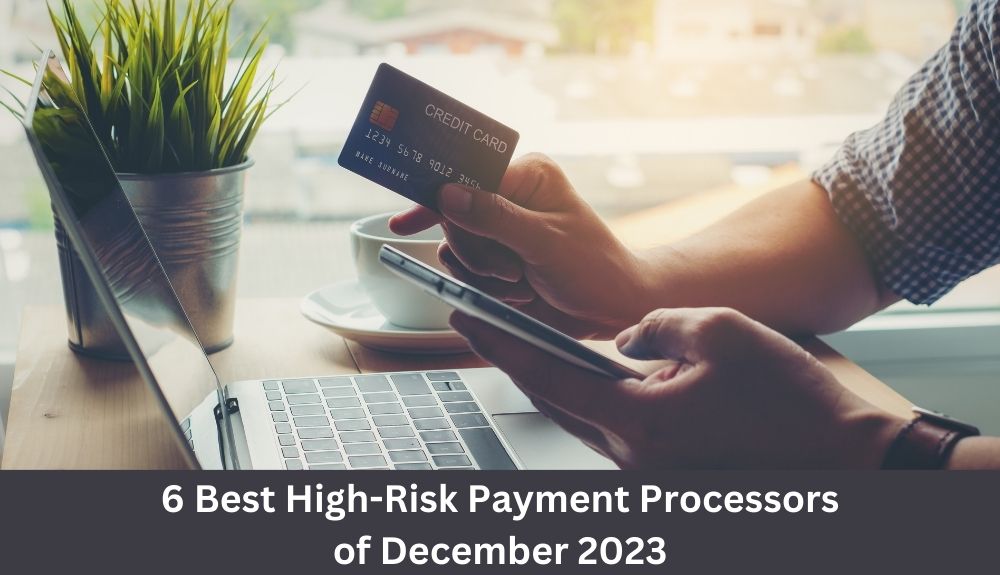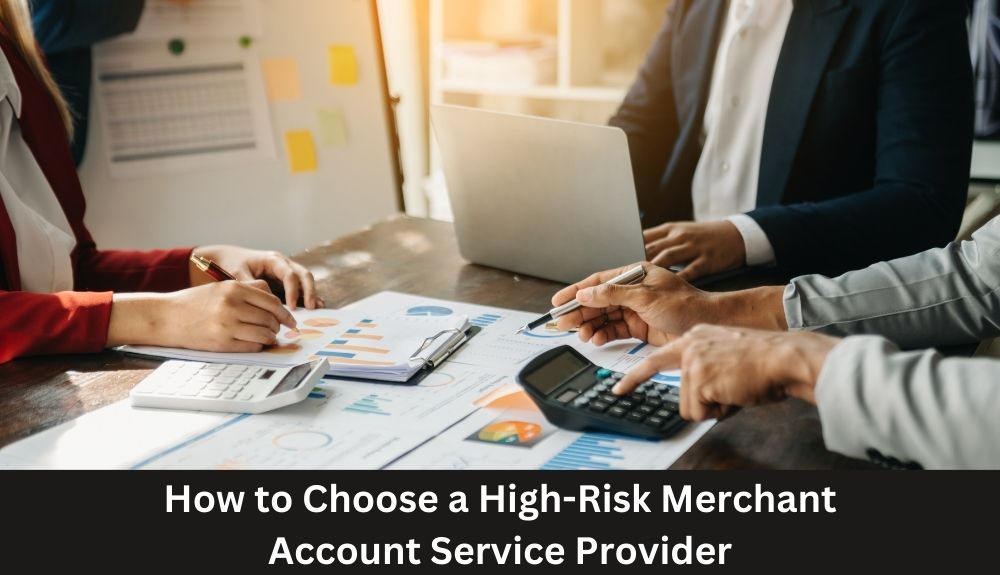Are you struggling to create an effective return and exchange policy for your retail business? Look no further! A well-crafted policy is vital for enhancing the customer experience and building trust with your audience.
In this comprehensive guide, we will walk you through the steps of writing an effective return and exchange policy that addresses customer needs while complying with federal and state laws. We will provide you with tips, best practices, and examples to help you create a customer-focused policy that contributes to the success of your retail business.
Introduction to Return Policy for Point of Sale
Having a well-defined return policy is crucial for retail businesses to thrive in today’s competitive market. A customer-focused return policy not only increases customer satisfaction but also builds trust and loyalty. In fact, a study conducted by the National Retail Federation found that 92% of consumers are more likely to shop again at a store that offers hassle-free returns.
A clear return policy establishes the guidelines for customers who wish to return or exchange their purchases, ensuring a smooth and efficient process. By addressing potential concerns and providing straightforward instructions, retailers can minimize customer confusion and avoid unnecessary disputes.
Moreover, a well-crafted return policy can streamline operations and minimize the impact of returns on the business. It helps retailers manage inventory effectively, plan for return-related expenses, and assess the quality of their products or services.
By creating and communicating a return policy that focuses on customer satisfaction, retailers can enhance their reputation and differentiate themselves in the market. In an era where customer experience is paramount, an excellent return policy can set a retailer apart from competitors and foster long-term customer loyalty.
In the following sections, we will explore the key elements of a comprehensive return policy and provide practical guidelines for writing an effective return and exchange policy.
What is a Return Policy?
A return policy is a set of guidelines and rules established by a retail business that outlines the terms and conditions under which customers can return or exchange products they have purchased. It serves as a written agreement between the retailer and the customer, providing clarity and transparency regarding the process and requirements for returns.
A comprehensive return policy is essential for retail businesses as it helps manage customer expectations, improves customer satisfaction, and builds trust. By clearly defining the rules for returns, retailers can ensure a smooth and efficient return process, reducing customer frustration and potential conflicts.
To create an effective return policy, retailers should consider including the following key elements:
1. Eligibility for returns: Clearly specify the conditions under which customers are eligible to return or exchange products, such as time limits, conditions of the item, and proof of purchase requirements.
2. Return process: Outline the steps customers need to follow when initiating a return, including how to request a return, where to send the product, and any required documentation or authorization.
3. Refund options: Clearly state the available refund options, whether it’s a full refund, store credit, or exchange, and the timeframe within which refunds will be processed.
4. Conditions for returns: Define the condition in which products should be returned, such as in their original packaging, with all accessories included, and without any signs of damage or use.
5. Return shipping: Specify who is responsible for the cost of return shipping, whether it’s the customer or the retailer. If the retailer offers free returns, make sure to mention it.
Including these key elements in a return policy helps set clear expectations for both customers and the retail business. It ensures customers understand their rights and responsibilities when returning products, while also guiding the retailer in handling returns efficiently and fairly.
Remember, a well-crafted return policy demonstrates the retailer’s commitment to customer satisfaction and builds trust with consumers. By providing a clear and comprehensive return policy, retailers can enhance the overall customer experience and differentiate themselves in a competitive market.
Understanding the Legal Requirements
Creating a comprehensive return and exchange policy requires a thorough understanding of the legal requirements that govern consumer transactions. To ensure compliance and protect both your customers and your business, consider the following federal and state laws when crafting your policy:
Consumer Protection Laws and Regulations
Consumer protection laws vary by jurisdiction, governing aspects such as refund rights, warranty obligations, and disclosure requirements. Some key laws to be aware of include:
1. Federal Trade Commission (FTC) Guidelines: The FTC enforces regulations to prevent deceptive and unfair business practices. These guidelines cover areas like advertising, product disclosures, and consumer rights.
2. State-Specific Laws: Each state may have additional laws that retailers must adhere to, such as mandatory refund policies or specific regulations for certain industries.
3. Online Sales: For retailers with an online presence, it is important to understand laws related to distance selling, including cooling-off periods, return shipping fees, and cancellation rights.
Contractual Obligations
When customers make a purchase, they enter into a contractual agreement with your business. Consider the following contractual aspects when crafting your return policy:
1. Clear and Enforceable Terms: Your policy should outline the conditions and limitations of returns and exchanges using clear, unambiguous language.
2. Notifying Customers: It is important to clearly communicate your return policy to customers before they make a purchase. This can be done through prominently displayed signs in-store or through a clearly accessible policy on your website.
By familiarizing yourself with these legal requirements and incorporating them into your return policy, you can ensure you are creating a policy that protects your business and provides a fair and transparent process for your customers. Remember to regularly review and update your policy to stay compliant with any changes in regulations or consumer expectations.
Writing an Effective Return and Exchange Policy

Crafting an effective return and exchange policy is key to enhancing customer satisfaction, minimizing return fraud, and streamlining business operations for retailers. By providing clear guidelines and addressing customer needs, a well-defined return policy can build trust and contribute to overall customer loyalty.
When writing your return and exchange policy, it is crucial to consider several factors to ensure its effectiveness. Here are step-by-step guidelines to help you create an impactful and customer-centric policy:
1. Define Eligibility for Returns:
Clearly state the conditions under which customers are eligible to return or exchange a product. This may include factors such as time frame, original condition, packaging, and proof of purchase.
2. Specify Conditions for Returns:
Outline any specific conditions for returns, such as exclusions for certain items or restrictions on returns for sale or clearance products. Be transparent about any fees or deductions that may apply.
3. Explain the Return Process:
Provide a clear and concise explanation of the return process. Include instructions on how customers can initiate a return, whether online or in-store. Specify if they need to contact customer service or fill out a return form.
4. Set a Timeline for Returns:
Establish a reasonable timeline within which customers must initiate returns. This helps manage expectations and ensures timely processing of refunds or exchanges. Consider factors like shipping time and any unique circumstances that might require additional flexibility.
Remember, a customer-focused return policy takes into account the needs and preferences of your target audience. Consider offering multiple options for returning items, such as in-store returns for online purchases or an extended return period during the holiday season.
By crafting a comprehensive return and exchange policy, you demonstrate your commitment to customer satisfaction while also mitigating the risk of fraudulent returns. Regularly review and revise your policy to reflect changing customer expectations and legal requirements.
A well-crafted return policy is a valuable asset for your retail business, fostering positive customer experiences and building lasting relationships.
Crafting a Customer-Focused Return Policy
In an increasingly competitive retail landscape, crafting a customer-focused return policy is crucial for businesses to stand out and build trust with their customers. A well-designed return policy not only improves customer satisfaction but also helps minimize return fraud and streamline operations. Here are some tips and best practices to create a return policy that puts your customers first:
1. Clearly State the Return Process and Requirements
Make sure your return policy provides clear guidelines on how customers can initiate a return and what items are eligible for return. Clearly state the timeframe within which customers can return products, ensuring it is reasonable and aligns with industry standards. Include any specific conditions for returns, such as item condition, original packaging, or proof of purchase.
2. Offer Flexible Return Options
Consider offering multiple return options to accommodate different customer preferences. For example, provide the option for customers to return items either in-store or through a prepaid return shipping label. Offering store credit as an alternative to a refund can also be a valuable option for customers who may want to make future purchases from your store.
3. Provide Exceptional Customer Service
Ensure your customer service team is well-trained and equipped to handle return inquiries and requests promptly and with empathy. Clear communication and a supportive attitude can go a long way in ensuring a positive return experience for customers.
4. Be Transparent About Fees and Conditions
If your return policy includes any restocking fees or return shipping charges, clearly state these fees upfront to avoid any surprises for customers. When applicable, clearly outline any conditions for returns, such as final sale items or non-returnable products, to manage customer expectations.
5. Continuously Monitor and Improve
Regularly review customer feedback and return data to identify areas for improvement in your return policy. Pay attention to common pain points or customer concerns and make necessary adjustments to address them. Continuously monitor industry best practices to ensure your return policy remains competitive and customer-friendly.
By prioritizing customer satisfaction and trust, retailers can build long-lasting relationships with their customers and differentiate themselves in the market. Crafting a customer-focused return policy demonstrates your commitment to providing a positive shopping experience and can positively impact customer loyalty and brand reputation.
Implementing Return Policies at the Point of Sale
When it comes to managing returns and exchanges, implementing a point-of-sale (POS) system can be a game-changer for retail businesses. A robust POS system offers several features and benefits that streamline the return process and enhance the overall customer experience.
Enhanced Efficiency and Accuracy
By utilizing a POS system, retailers can expedite the return and exchange process, saving valuable time and resources. With just a few clicks, sales associates can easily locate the original transaction, retrieve relevant information, and initiate the return or exchange. This eliminates the need for manual record-keeping and minimizes potential errors or discrepancies.
Seamless Integration with Inventory Management
One of the key advantages of a POS system is its ability to synchronize with inventory management software. This integration ensures that returned items are promptly restocked or removed from inventory, allowing businesses to maintain accurate stock levels. This, in turn, prevents issues such as overselling or stocking out on popular items.
Comprehensive Reporting and Analytics
A POS system provides retailers with detailed reports and analytics related to returns and exchanges. These insights can be invaluable for identifying trends, understanding customer behavior, and making informed business decisions. Retailers can leverage this data to optimize their return policies, identify areas for improvement, and enhance customer satisfaction.
Fraud Prevention Measures
Return fraud can impose significant financial burdens on retail businesses. A robust POS system can help mitigate such risks by implementing fraud prevention measures. Sales associates can validate returns by scanning receipts, verifying the condition of items, and cross-referencing information with the original transaction. This ensures that only legitimate returns are processed while deterring fraudulent activities.
Seamless Customer Experience
With a POS system in place, retailers can offer a seamless and convenient return process to their customers. By swiftly processing returns or exchanges, providing accurate refunds or store credits, and offering exceptional customer service, businesses can boost customer satisfaction and foster loyalty.
Addressing Return Fraud and Prevention
Return fraud can have a significant impact on the profitability and operations of retail businesses. As a retailer, it is crucial to be aware of the common types of return fraud and take proactive measures to prevent and minimize its occurrence. Here are some tips to help you address return fraud effectively:
Identify Common Types of Return Fraud
1. Return of Stolen or Used Items: One common type of return fraud involves customers attempting to return stolen or used items for a refund. Implementing strict return policies and requiring proof of purchase, such as receipts or original packaging, can help deter this type of fraud.
2. Wardrobing: Wardrobing occurs when customers purchase items with the intention of using them once and then returning them. To prevent this, consider implementing a strict return policy for high-value or easily worn items, such as clothing or accessories.
3. Counterfeit Returns: Some individuals may attempt to return counterfeit items instead of the original product. Train your staff to identify counterfeit goods and implement rigorous quality control measures to minimize the risk of counterfeit returns.
Implement Fraud Prevention Measures
1. Require Proof of Purchase: Requiring customers to provide a receipt or proof of purchase can help verify the authenticity of returns and deter fraudulent activity. Consider implementing a no-receipt-no-return policy or using electronic systems to track purchases.
2. Check IDs: Requesting identification during the return process can help verify the customer’s identity and prevent fraudulent returns. Keep in mind any legal requirements regarding the collection and storage of personal information.
3. Use Return Fraud Prevention Tools: Consider utilizing return fraud prevention tools such as artificial intelligence algorithms or software solutions that flag suspicious return activities. These tools can help identify patterns and instances of return fraud quickly.
Train Staff and Maintain Vigilance
1. Educate Employees: Train your staff to identify signs of return fraud, such as suspicious behavior or inconsistencies in item conditions. Provide them with clear guidelines on handling returns and empower them to question customers when necessary.
2. Monitor Return Activity: Regularly review return reports and monitor return patterns to identify any unusual trends or excessive return rates. This will enable you to detect potential return fraud and take appropriate action.
By being proactive in addressing return fraud and implementing preventive measures, you can protect your retail business from financial losses and maintain the trust of your customers. Remember, a comprehensive return policy combined with vigilant monitoring and staff training is crucial in combating return fraud effectively.
Communicating and Displaying the Return Policy

One of the crucial aspects of a well-crafted return policy is effectively communicating it to your customers. Whether they are browsing your online store or visiting your physical location, understanding your return policy is essential for creating a seamless customer experience. Here are some tips to help you communicate and display your return policy in a clear and customer-friendly manner:
1. Consistency is Key: Ensure that your return policy is consistent across all channels. Whether it’s your website, social media profiles, or physical signage, customers should have a unified understanding of your return policy.
2. Prominently Displayed: Make sure your return policy is prominently displayed in easy-to-find locations. On your website, consider placing it in the header, footer, or a dedicated “Returns” page. In-store, position signs at checkout counters or near high-traffic areas.
3. Clear and Concise Language: Use simple and concise language when outlining your return policy. Avoid lengthy legal jargon that may confuse customers. Clearly state the conditions, timeframes, and any specific requirements for returns or exchanges.
4. Visuals and Icons: Utilize visuals and icons to make your return policy more visually appealing and easy to understand. This can help customers quickly grasp the key points of your policy.
5. FAQs and Customer Support: Include a frequently asked questions (FAQ) section on your website to address common customer inquiries about returns. Provide multiple contact channels (e.g., phone, email, chat) for customers to reach out with any questions or concerns.
Remember, clear communication of your return policy builds trust with your customers and enhances their overall shopping experience. By making it easily accessible and understandable, you can boost customer satisfaction and loyalty.
Next, we’ll explore the importance of implementing return policies at the point of sale, ensuring smooth transactions and efficient handling of returns and exchanges.
Conclusion
Crafting a clear and customer-focused return and exchange policy is crucial for retail businesses to enhance customer satisfaction, minimize return fraud, and streamline operations. By following the guidelines and best practices outlined in this guide, retailers can create an effective return policy that addresses customer needs and builds trust.
A well-defined return policy plays a vital role in improving the overall customer experience. It provides customers with confidence and reassurance when making a purchase, knowing that they have the option to return or exchange the product if it doesn’t meet their expectations. This leads to increased customer satisfaction, repeat purchases, and customer loyalty.
Additionally, a comprehensive return policy helps retailers minimize return fraud by outlining clear eligibility criteria, return conditions, and verification procedures. This protects the business from fraudulent returns and helps maintain profitability.
To create an effective return policy, retailers need to understand and comply with the legal requirements set by federal and state laws. These laws ensure consumer protection and regulate refund and return processes.
By prioritizing customer satisfaction and focusing on creating a positive return experience, retailers can improve their reputation and attract potential customers. Implementing a customer-friendly return policy can differentiate them from competitors and build a loyal customer base.
Remember, clear communication and prominently displaying the return policy both online and in-store is essential. This allows customers to easily access and understand the policy, thereby reducing any confusion or dissatisfaction.
In conclusion, a customer-focused return and exchange policy not only benefits the customers but also enables retail businesses to thrive in a competitive marketplace. By following the guidelines presented in this guide, retailers can design a return policy that ensures a seamless and satisfying post-purchase experience.



